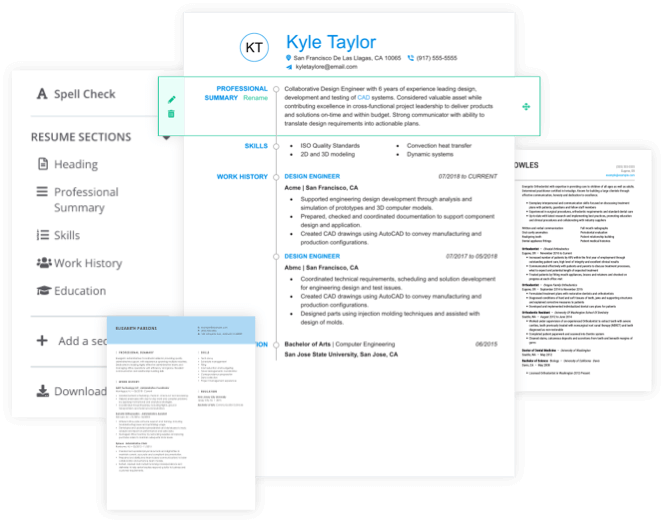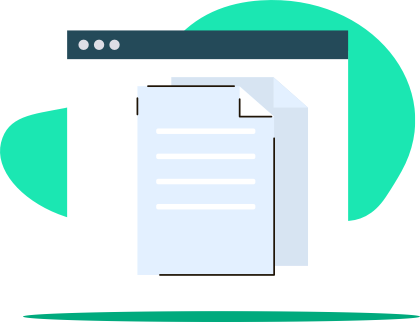- Featured in:

ERP Consultants are trained in enterprise resource planning (ERP), a business process management software that allows an organization to use integrated applications that automate many functions related to technology, services, and human resources, thus freeing up company manpower. The ERP Consultant provides support related to this function, developing and integrating the client’s relevant ideas and assisting in resource-planning decisions. The ERP Consultant’s primary goal is to ensure their ERP software runs as smoothly and efficiently as possible, and develop and oversee solutions for any shortcomings. The ERP Consultant will assess the company’s business requirements and software needs for many areas, including employee training, business processes, and employee communication, and ensure that any new solutions devised are time-and-cost-effective. The ERP Consultant is also responsible for ensuring that all levels of the company are informed and collaborating effectively on the implementation of the process. Hours will vary, but the ERP Consultant should be prepared to be on-call for technical emergencies. General duties will include software analysis, working with technical teams, developing design specifications for programs and present plans of action to management. Any company with a significant intra-company technological system is likely to employ an ERP Consultant, and as such this is a fast-growing position.
If you are having writers block, our resume examples can help. Choose from hundreds of job titles to find the right example for your needs.
Improve your application with a personal message! Your resume may summarize your qualifications, but a cover letter can help you express your professional accomplishments and working style. Pair these cover letter templates with our builder subscription to unlock AI-powered text templates and professional designs that will help you submit a complete application.
ERP Consultant Duties and Responsibilities
The ERP Consultant will be primarily responsible for implementing and providing support for Enterprise Resource Planning systems for companies with significant online presences. The ERP Consultant will analyze the systems and work directly with clients and management to define system requirements, design and propose solutions, configure the software and train employees.
System Analysis
Most companies employing an ERP Consultant will already have an ERP system in place. The first job of an ERP Consultant will be to examine the current system to pinpoint strengths and weaknesses, before they can develop ways it can be optimized.
User Training and Support
The ERP Consultant will be responsible for optimizing the system for easy use, and training employees in its functions. Generally a training program will be organized to educate employees as efficiently as possible.
Customer Service
The ERP Consultant will be responsible for meeting directly with customers and clients to find out their ERP-related needs. They will then incorporate these needs into a cohesive plan that serves the company's full client pool.
Technical Support and Upgrades
The ERP Consultant will be responsible for performing day-to-day maintenance on the ERP system, as well as installing new upgrades and testing for bugs. System configuration and data migration will be part of the job responsibilities as well.
Project Development and Presentation
The ERP Consultant will coordinate with other branches of the company to ensure their needs are met in any upgrades of the system. They will then develop a cohesive plan to be presented to the relevant company management.
ERP Consultant Skills
An ideal candidate for the ERP Consultant position will be a technical-minded person who is able to understand complex system and juggle multiple systems at the same time. They will be flexible and will need to be able to incorporate multiple perspectives and needs into a cohesive whole. A combination of people skills, technical ability and an eagerness to learn are needed. As the field evolves fast, the job changes frequently and requires a fast-thinking individual. In addition, some more specific skills are needed, such as those below.
- Technical/Coding Skills - The job of an ERP Consultant is based around troubleshooting and upgrading the ERP software. As such, the ideal candidate will come in with extensive knowledge of software and coding, and a readiness to learn new programs as they are introduced and incorporated.
- Problem-Solving Skills - An ERP Consultant will be on call to handle any issues with the ERP Software. They will need to be able to think creatively and resolve problems to ensure the smoothest possible experience for users of the ERP software.
- Teamwork and Leadership - The ERP consultant is responsible for coordinating the needs of each of the company's divisions. They must be able to lead meetings to collect information and then unite these disparate visions into a cohesive whole for the entire company,
- Communication and Presentation Skills - The ERP Consultant is responsible for presenting a full plan to management, as well as for teaching the ins and outs of the upgraded system to employees. As such, they will need strong communication skills to be able to get complex ideas across in an easy-to-understand fashion.
ERP Consultant Tools of the Trade
An ERP Consultant will use a broad array of technical tools in their daily work to manage the systems they oversee. They will typically include:
ERP Software – The majority of an ERP Consultant’s job will center around the company’s ERP software. The functions will vary based on the company and its functions, but the ERP Consultant will generally use it to manage employee communication, payroll, and training.
Smartphone – An ERP Consultant must be on call to handle sudden updates, and a significant part of their job is interaction with clients and employees. As such, an up-to-date smartphone with e-mail capability is essential.
Presentation Software – An ERP Consultant will be expected to present plans for upgrades to management and clients. Effective, easy to use software, such as PowerPoint, is essential to creating visually appealing, easy-to-follow presentations.
Coding Software – An ERP Consultant will be responsible for upgrades on the ERP system, and as such should be familiar with a suitable coding language and software.
Spreadsheets – Tracking data and performance is an essential part of the job. Using tools like Excel and other spreadsheet software makes it possible to organize months of data into an easy-to-read format.
ERP Consultant Educational Requirements
A position as an ERP Consultant will generally require a Bachelor’s Degree with a concentration in a computer-related field such as Computer Science or Business Administration. Corporations will generally be looking for someone with an Accounting background as well. As the position is a leadership/supervisory one, companies will also often require management classes as a prerequisite.
ERP Consultant Salary
The national average for an ERP Consultant is in the $62,000 range, according to online sources. Salaries vary depending on the size of the company, as well as the location of the company. A company with a more extensive ERP system will command a higher salary. The lowest full-time salary on record is $35,000, while the highest recorded is $112,000. While most companies that employ an ERP Consultant pay a salary range, smaller ones that require a part-time consultant will often employ one on an hourly rate. For these cases, the consultant will be paid an hourly rate in the $30 to $35 range.

ERP Consultant Resume Help
Explore these related job titles from our database of hundreds of thousands of expert-approved resume samples:




